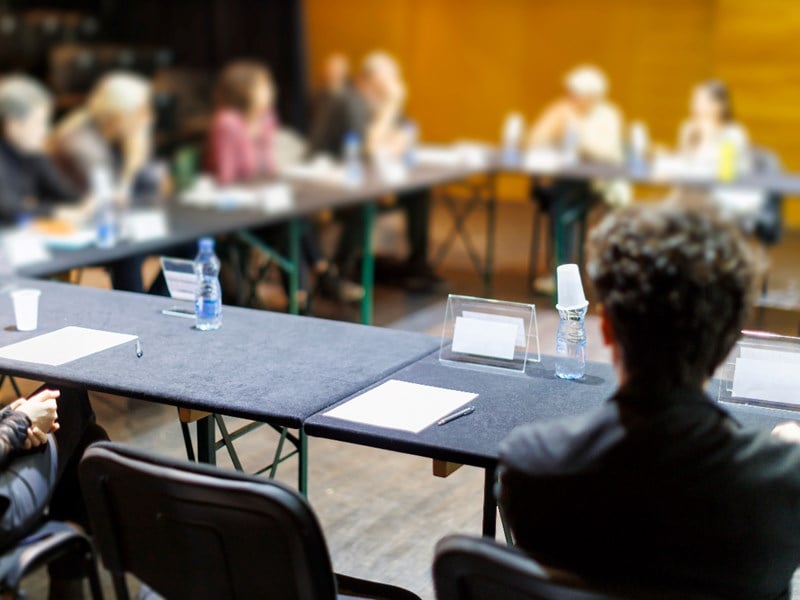Consultation key to Victorians feeling involved
3 September 2025

A ‘Community Engagement Charter’ has been suggested as a way to help inform future consultation practices in Victoria.
It’s just one of the many ideas raised by peak bodies, academics, consulting organisations and individual community members during the public submission phase of a parliamentary inquiry.
The Legislative Council Environment and Planning Committee is looking at how state and local government, statutory authorities and essential service providers consult with communities and whether certain groups or regions are underrepresented by existing consultation practices.
The newDemocracy Foundation recommends focusing on a concise core set of principles, which could be the most effective way to ensure quality of engagement despite myriad different contexts in which it must be deployed.
‘If adopting a principles-based approach, then you can achieve this in one page with 5-7 principles to have a highly meaningful impact,’ the submission states.
‘Shared understanding across state and local government and the wider community would build trust – and this can’t be achieved with lengthy (generally unread) plans.’
Wellington Shire Council made a submission including perceived examples of poor practice and best practice.
They relate to the Stratford-Mafra road speed reduction, Maffra and District Early Learning Centre, rate cap notification timing, future Wellington engagement process and the Engage Victoria platform.
Customer and Communications Manager Kimberly Salleh said regional challenges require regional solutions.
‘Factors such as geography, low population density, digital literacy and access, and limited public transport require unique approaches and greater resourcing to ensure equitable participation,’ she said.
‘Without recognition of these barriers, state-led consultation can become ineffective or even counterproductive.’
The Youth Affairs Council Victoria offered experiences and recommendations for the Committee to consider as it lobbied on behalf of young people aged 12-25.
‘Too often, young people are left out of the conversation, they are given limited meaningful opportunities to contribute, or discussions are held too late as a ‘tick box’ exercise,’ CEO Mary Nega said.
‘Meaningful youth consultation requires giving young people a seat at the table, involving them from the start, and creating safe environments for them to grow and learn to contribute meaningfully.’
The public submissions to the inquiry are available on the Committee’s website alongside public hearing schedules.